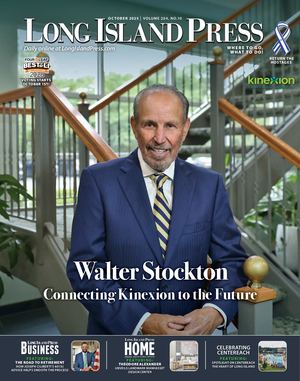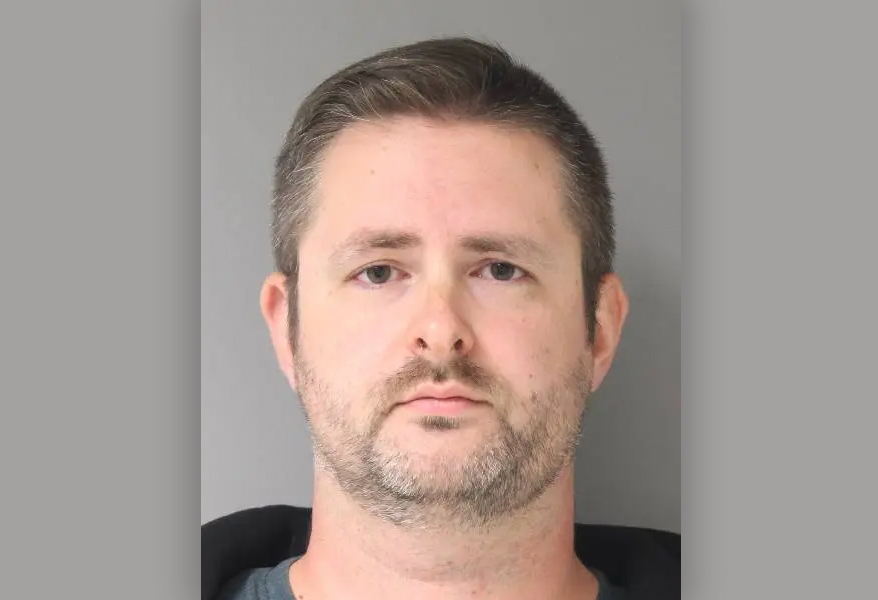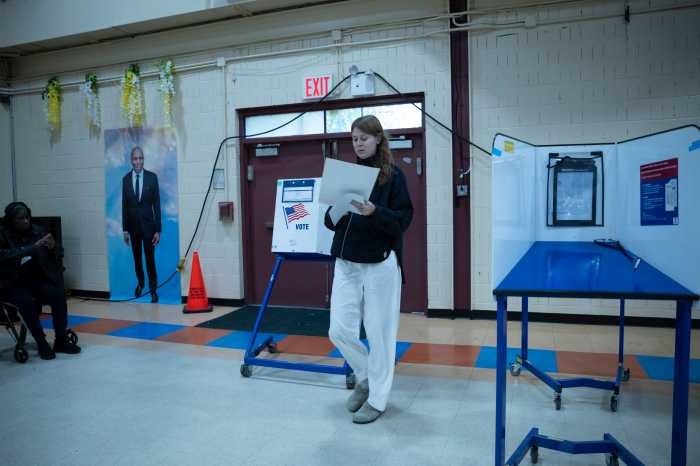A common refrain that will come up in most conversations about politics is a frustration about the ability of our elected representatives to complete the duties with which they are tasked.
Within this framework, the most disheartening political conversations I have are those that result in resignation. That resignation ultimately sounds something like “oh they can’t get anything done” or “what does it matter since there’s nothing we can do to change it?”
To me, one of the most important things that we can do to place added pressure on our elected representatives to be more effective in their service is to increase our collective civic consciousness. As a young soon-to-be lawyer, I see critical value in placing emphasis on the legal powers of our respective governing institutions.
In researching the level of knowledge that exists within this realm, one will find some very troubling results. Take, for example, the results from the most recent University of Pennsylvania Constitution Day survey.
The survey found that only 26 percent of Americans could name all three branches of government and that 33 percent couldn’t name one. If we are to consider our local political structure on Long Island, where our government is divided into complex subdivisions between our villages, towns and counties, we can surely recognize that we are not reaching our full civic consciousness. Accordingly, we are not approaching our complete capacity to hold our representatives accountable and effectively engage with them.
As the son of two teachers, the first thing I think of when viewing a problem like this is what our schools can do to help. It is, therefore, my hope that any teacher, principal or parent reading this will take action to get civics front and center in our curriculum. We all know that to have good government we need an informed citizenry. Let’s do something about it and make sure our future generations are prepared to successfully influence our government.
—Peter Fishkind





























